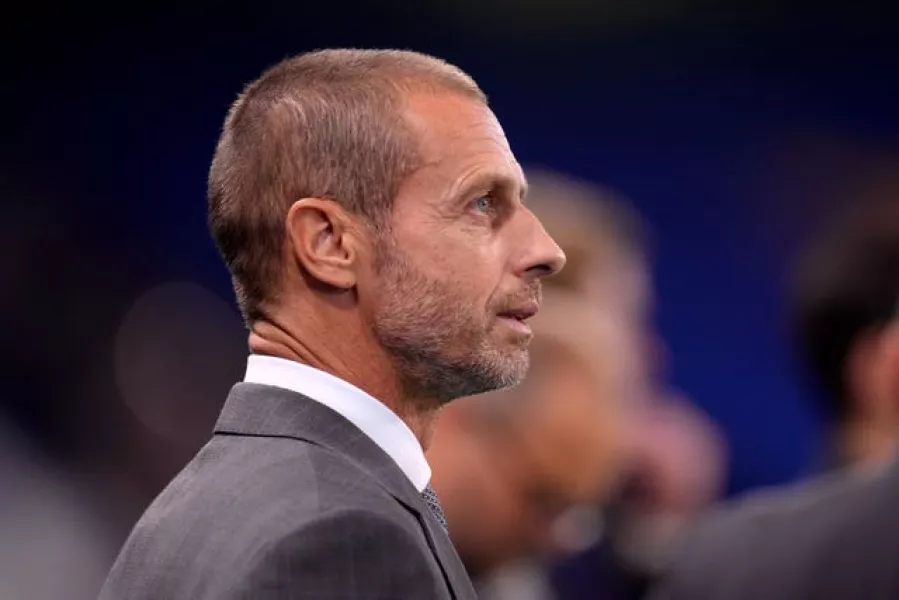Seventy five per cent of players want the World Cup to remain an event played every four years, according to a new survey.
FIFA is proposing to cut the gap between its showpiece tournaments to two years as part of wider reforms of the international match calendar.
However, a survey of more than 1,000 male players covering six continents and more than 70 nationalities represents the most significant indication yet of footballers’ opposition to those proposals.
The survey, conducted by world players’ union FIFPRO and national player unions around the world in October and November last year, found 77 per cent of players in both Europe and Asia supported the status quo, dropping to 63 per cent in the Americas.
📊⚽ Three in every four professional men’s footballers want to keep the FIFA World Cup every four years, according to a survey of 1,000 players from six continents and over 70 different nationalities.
Advertisement— FIFPRO (@FIFPRO) February 15, 2022
Forty nine per cent of African players favoured four-yearly World Cups, with the remainder split between playing the tournament every two or three years.
FIFPRO did add though that “a demand exists, particularly in smaller and medium-sized markets, to further develop and strengthen national team competitions”.
“This is in line with FIFPRO’s position on encouraging investment into regional competitions, based on the requirements of the local market,” a statement from the union read.
Eighty one per cent of players ranked either their domestic league or the World Cup, in its current four-year cycle, as their favourite competition.
It also found that only 21 per cent of players believe their voice is respected and that their well-being is adequately considered in the context of international football governance.
FIFPRO general secretary Jonas Baer-Hoffmann said: “The player survey shows most footballers around the world have a clear preference to play the World Cup every four years.

“At the same time, the results demonstrate the importance of domestic league competitions to players. These leagues are the bedrock of our game and we have to do more to strengthen them both for the sake of players and the overall stability of professional football.
“This survey underlines the need for more collective bargaining frameworks in our industry, especially at the international level.”
FIFA’s plans for a revamped calendar to come into effect from 2024 have already met considerable opposition from other European bodies, with UEFA, the European Club Association and European Leagues coming out against them.
UEFA president Aleksander Ceferin has said European nations could boycott biennial World Cups, while Football Association chief executive Mark Bullingham said last week that his organisation did not think biennial World Cups in the men’s or women’s game were a good idea and that he did not think the plans would come to fruition.
FIFPRO’s president David Aganzo thanked his FIFA counterpart Gianni Infantino after he met with male and female players, along with Professional Footballers’ Association chief executive Maheta Molango, in Manchester last month to discuss the future calendar and player welfare.
Aganzo said at the time: “With plenty of discussions to be had, it is positive to see that an open dialogue is taking place and being promoted.”







